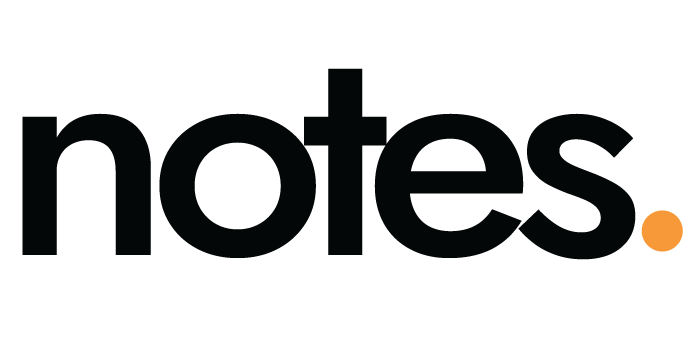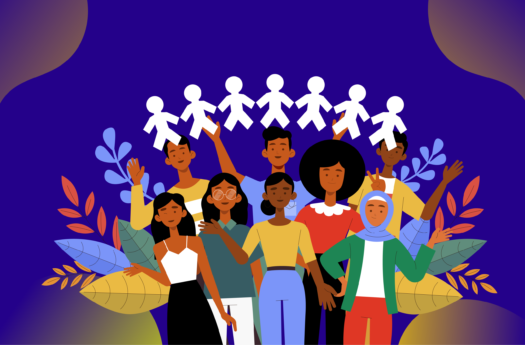Notebook Overview
CSEC® Caribbean History Syllabus, Specimen Paper, Mark Scheme and Subject Reports
This syllabus has been guided by a particular view of the nature of history as a discipline, the educational needs of students, and the desire to promote the development of an ideal Caribbean person.
History as a discipline has three aspects – its content, its organising principles and its methods of enquiry. The substantive content of Caribbean History is the activities of the peoples of the islands from the Bahamas to Trinidad as well as those of the peoples of Belize and the Guianas, from the coming of the indigenous Americans to 1985.
There is no attempt in this syllabus to promote one organising principle or interpretation of Caribbean History. While a thematic arrangement has been imposed on the course of Caribbean History, the content within each theme has been stated in such a way as to permit exploration of a variety of organising principles. Nevertheless, the selection of themes and their content has been informed by a desire to promote a distinctly Caribbean perspective. This perspective acknowledges the need for a respect of human life and a cultural heritage that values harmony and cherishes diversity as a strength.
The thematic approach has been adopted because it lends itself to detailed treatment of the type that allows the student to practise the various skills of the historian. However, by grouping themes and by requiring students to study an overview, a core of topics, the syllabus seeks to maintain chronology as an important aspect of the study of history.
The methods of studying history, the remaining aspect of the discipline, have determined the aims and objectives stated in the syllabus. In the course of their work, historians raise questions, formulate hypotheses, gather evidence from a variety of data sources, collate and interpret information, make judgments, draw conclusions, and report their findings. The student activities implied by the aims and objectives of the syllabus are directly related to the procedures used by historians in the study of their discipline.
The acquisition of these skills equips the individual to function in fields such as Law, International Relations, Archival Science and Mass Communications. More importantly, the identified skills will produce a critical thinker who can assume leadership roles in civil society, the private and public sector. Students will also have acquired skills of enquiry as defined in the UNESCO Pillars of Learning that will enable them to succeed in their academic careers and the world of work, and that will foster the exploration and development of their Caribbean identities.
The objectives of the syllabus were derived from considerations of the nature of history as well as from the perceived needs and interests of students and citizens within the Caribbean community. These objectives have informed the evaluation procedures and have the further attribute of suggesting a variety of appropriate teaching approaches; project work, individual enquiry and research, creative representations and such traditional techniques that have helped develop historical understanding in students. This variety of appropriate teaching approaches has the advantage of allowing for individual differences among students.





